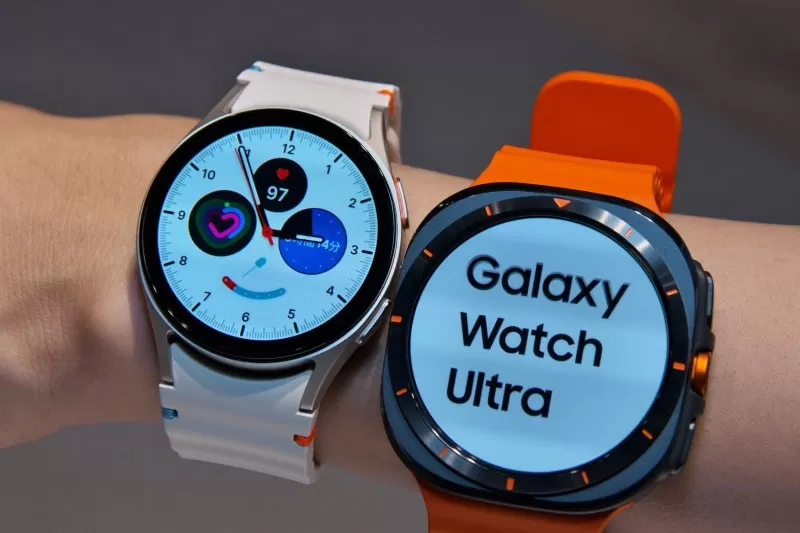Beyond the Glow: Pew Research Uncovers America's Deepening Struggle with Screen Time
Share- Nishadil
- October 09, 2025
- 0 Comments
- 3 minutes read
- 39 Views

Pew Study Reveals Widespread Challenges in Managing Digital Device Usage Across U.S.
A new Pew Research Center study highlights a pervasive struggle among U.S. adults and parents to control their screen time, with many reporting negative impacts on well-being and daily life.
A groundbreaking new study from the Pew Research Center has cast a stark light on a pervasive modern dilemma: America's profound and often unsuccessful battle to manage screen time. The research, which surveyed thousands of U.S. adults and parents, paints a vivid picture of a nation grappling with its digital habits, revealing widespread concern over the impact of phones, tablets, and computers on daily life, mental well-being, and social connections.
For many, the allure of the screen is a powerful, almost irresistible force.
The Pew findings indicate that a significant majority of U.S. adults report feeling like they spend too much time on their digital devices. More strikingly, a substantial portion of these individuals admit to making conscious efforts to reduce their screen time, only to find themselves falling short of their goals.
This cycle of intention and relapse highlights the deep-seated challenges embedded in our increasingly digital-first world.
The study delves into the specific anxieties adults harbor about their screen usage. Common concerns include the perceived negative effects on sleep quality, diminished productivity at work or home, and a troubling sense of disconnect from in-person interactions.
Many respondents articulated a feeling of 'addiction' to their devices, confessing that even when they want to disengage, the pull of notifications, social media feeds, and endless content proves too strong to resist.
Parents, in particular, face a double-edged sword. While many acknowledge their own struggles with screen time, their anxieties are often amplified when it comes to their children.
The Pew research shows a strong consensus among parents that excessive screen use negatively impacts children's development, social skills, and academic performance. Yet, despite these concerns, many parents find it difficult to set effective boundaries for their kids, often citing the pervasive nature of technology in schools and peer groups, or their own inconsistent habits as barriers.
The report underscores that this struggle isn't merely about individual willpower; it's a societal challenge shaped by ever-evolving technology, social norms, and the fundamental design of digital platforms engineered to maximize engagement.
From the fear of missing out (FOMO) that keeps social media apps open, to the convenience of information and entertainment at our fingertips, the motivations to stay connected are manifold and deeply ingrained.
Ultimately, the Pew Research Center's latest insights serve as a critical wake-up call.
They reveal not just a personal failing, but a collective societal challenge that demands greater awareness, more robust personal strategies, and perhaps, a reevaluation of our relationship with the digital tools that have become indispensable to modern life. The path forward, it seems, involves a conscious effort to find balance in a world that increasingly struggles to look away from the glowing screen.
.Disclaimer: This article was generated in part using artificial intelligence and may contain errors or omissions. The content is provided for informational purposes only and does not constitute professional advice. We makes no representations or warranties regarding its accuracy, completeness, or reliability. Readers are advised to verify the information independently before relying on







